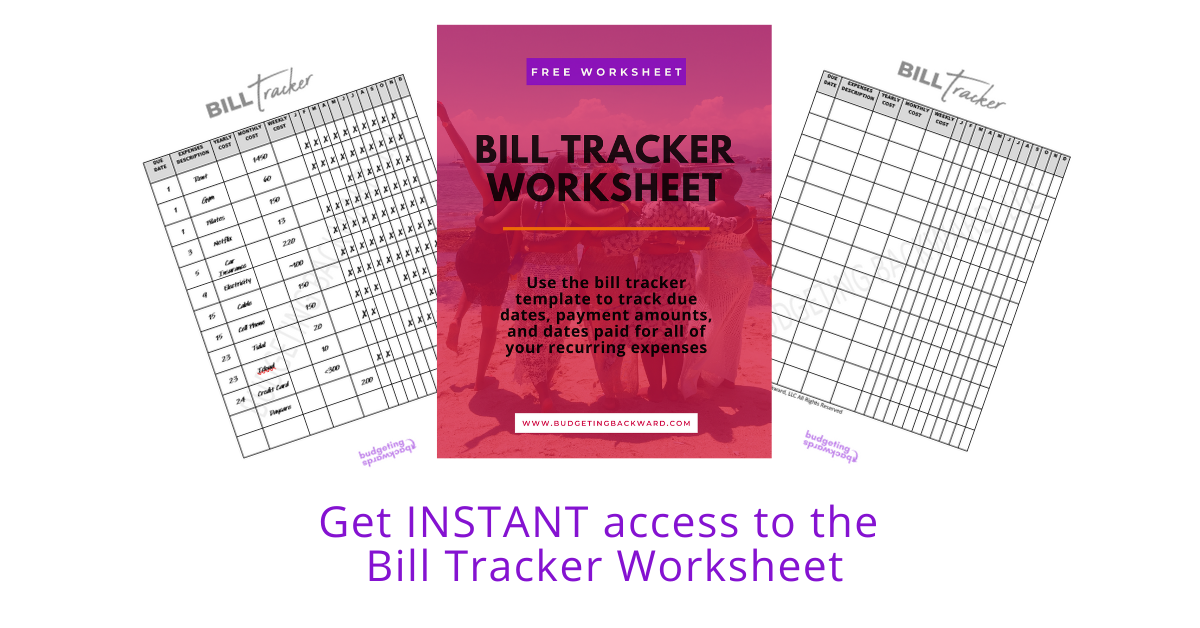Welcome back to our blog series loosely based on the FIRE (Financial Independence, Retire Early) Flowchart. In the first blog post we discussed understanding your financial situation in the The Money Pre-Check.
Today, our focus is Payday Budgeting and meeting basic needs in the chapter called “Money Management” The purpose of this chapter is to assist you with building a solid personal finance foundation by focusing on crucial steps that ensure financial stability and growth. Let’s explore the four key steps that will guide you towards effective money management.

Building a Solid Personal Finance Foundation
By following these four steps, you create a solid foundation for your personal finances. Establishing a regular money check-in routine keeps you informed and proactive about your financial situation. Creating a payday budget ensures that your spending aligns with your income, preventing financial shortfalls. Prioritizing essential expenses secures your immediate well-being and financial stability. Making minimum debt payments maintains your credit health and keeps you on track with your obligations.
Together, these steps will lead to solid money management, empowering you to take control of your finances and build a secure future. As you implement these steps, you’ll find yourself better equipped to handle financial challenges, achieve your goals, and move closer to financial independence.
Stay tuned for the next chapter in our series, where we’ll explore the next steps in the FIRE Flowchart and continue our journey towards financial freedom. Happy budgeting!

